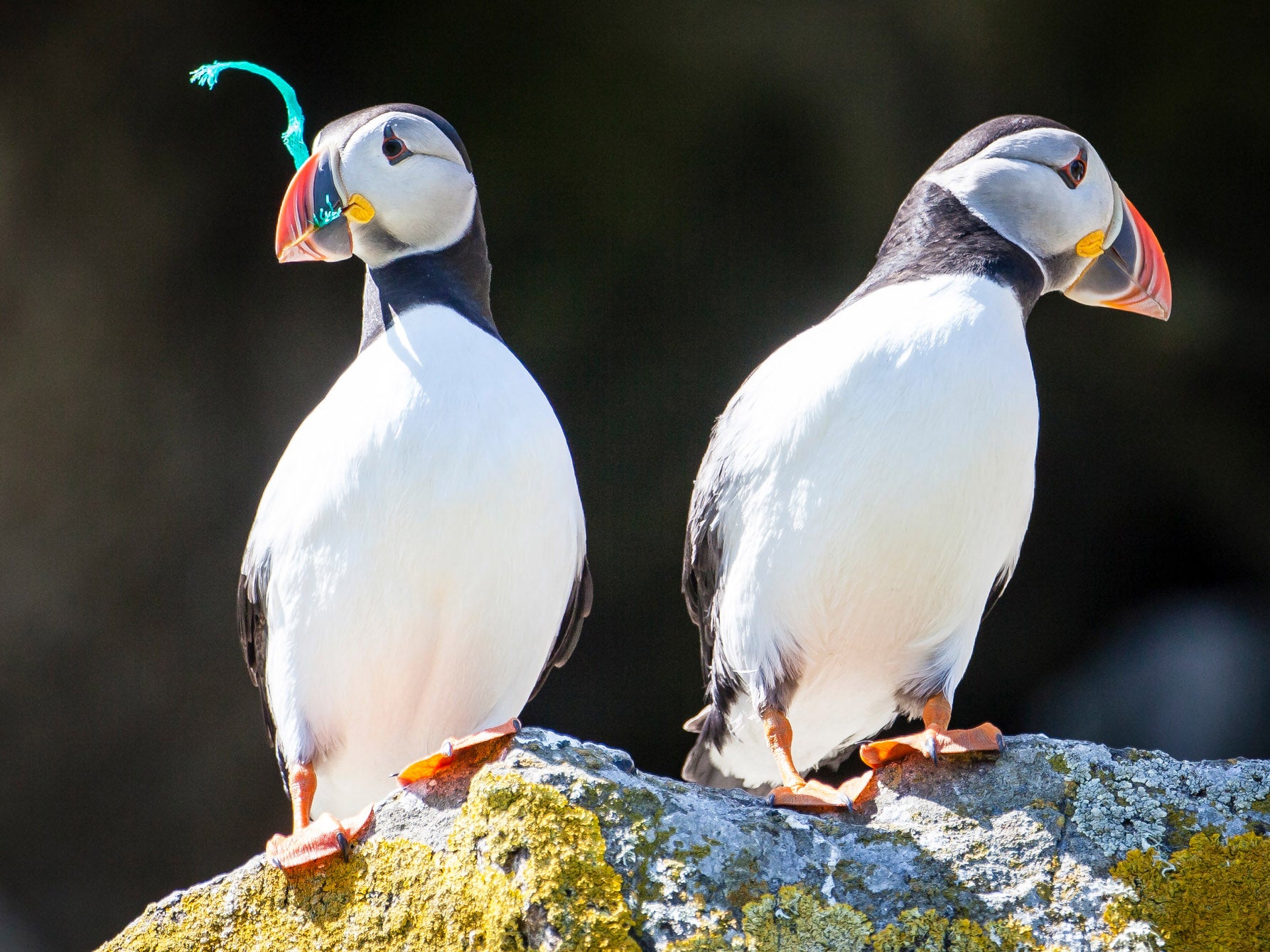Nine out of 10 people call for 'plastic-free aisle' in supermarkets, finds survey
‘For years we’ve able to buy gluten-free, dairy-free, and fat-free, so why no plastic-free?’

Your support helps us to tell the story
From reproductive rights to climate change to Big Tech, The Independent is on the ground when the story is developing. Whether it's investigating the financials of Elon Musk's pro-Trump PAC or producing our latest documentary, 'The A Word', which shines a light on the American women fighting for reproductive rights, we know how important it is to parse out the facts from the messaging.
At such a critical moment in US history, we need reporters on the ground. Your donation allows us to keep sending journalists to speak to both sides of the story.
The Independent is trusted by Americans across the entire political spectrum. And unlike many other quality news outlets, we choose not to lock Americans out of our reporting and analysis with paywalls. We believe quality journalism should be available to everyone, paid for by those who can afford it.
Your support makes all the difference.Nine out of 10 people want supermarkets to introduce a “plastic-free aisle”, according to a new poll amid rising concern about pollution.
The survey – of 2,000 British adults by Populus – was commissioned by campaign group A Plastic Planet, which said it was clear that the public wanted an alternative to “goods laden with plastic packaging”.
Evidence of the synthetic substance’s harmful effects on the natural world is growing. Since 1950, humans have produced 8.3 billion tons of the stuff, with 6.3 billion tons being sent to landfill sites or simply being dumped in what scientists described as an “uncontrolled experiment” on the planet.
Plastic, which acts like a magnet for toxic chemicals in the environment, breaks down into tiny pieces that are capable of passing through animals’ gut walls and into their body tissue.
The United Nations warned in a report last year that “the presence of microplastic in foodstuffs could potentially increase direct exposure of plastic-associated chemicals to humans and may present an attributable risk to human health”.
A third of seabirds in the North Sea were also found to be suffering “widespread breeding failure”, largely because of plastic waste.
The new poll found 91 per cent of people supported aisles free from plastic packaging and 81 per cent said they were concerned “about the amount of plastic packaging that is thrown away in the UK”.
Sian Sutherland, a co-founder of A Plastic Planet, said: “It’s becoming increasingly clear that the Great British public wants a fresh alternative to goods laden with plastic packaging. Too much of our plastic waste ends up in oceans and landfill.
“Consumer demand for products that generate less plastic waste is higher than ever. A plastic-free aisle would help supermarkets meet the needs of shoppers who are fed up of buying products covered with layer after layer of throwaway plastic.
“For years we’ve able to buy gluten-free, dairy-free, and fat-free, so why no plastic-free?”
And Professor Hilary Kennedy, of Bangor University’s School of Ocean Sciences, said: “There is a growing body of evidence that plastic waste poses a global challenge, directly affecting marine life and ecosystems.
“A plastic-free aisle in supermarkets would help encourage a reduction in the amount of plastic waste being dumped in our environment.”
Join our commenting forum
Join thought-provoking conversations, follow other Independent readers and see their replies
0Comments